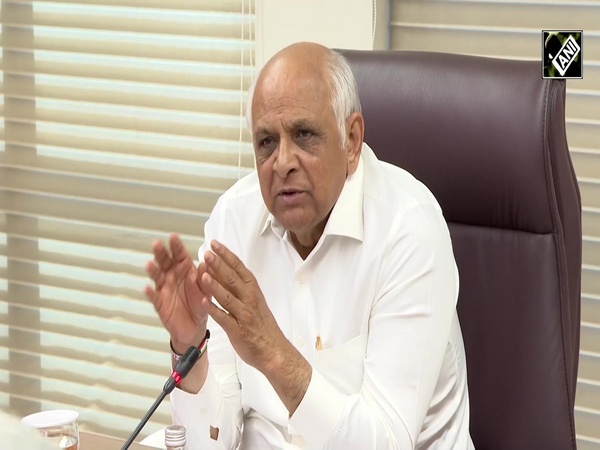India doubts credibility of Citigroup report on state of employment
Jul 08, 2024

New Delhi [India], July 8 : The central government on Monday strongly refuted the recent Citigroup report put out on the state of employment in India and the outlook around it.
In a statement, the Ministry of Labour and Employment asserted that such reports did not analyze all official data sources available in the public domain.
The recent research report by Citigroup on employment in India, as per the Ministry, quoted widely in the media, forecast that India will struggle to create sufficient employment opportunities even with a 7 per cent growth rate. It failed to account for the comprehensive and positive employment data available from official sources such as the Periodic Labour Force Survey (PLFS) and the Reserve Bank of India's KLEMS data, the Ministry added.
Citi estimated that India will need to create about 12 million jobs a year over the next decade to absorb the number of new entrants to the labour market. Based on a growth rate of 7 per cent, India can only generate 8-9 million jobs a year, the bank's economists said in the report in contention.
The report asserted India will struggle to create enough jobs for its growing workforce over the next decade even if the economy grows at a rapid pace of 7 per cent. It posed questions on the quality of jobs being created in India.
"It is well known that the private data sources, which the report/media refers to as more reliable, has several shortcomings. These surveys use their own derived definition of employment - unemployment which is not aligned to either national or international standards. The sample distribution and methodology are often critiqued for not being as robust or representative as official data sources like PLFS. Therefore, reliance on such private data sources over official statistics can lead to misleading conclusions and thus, should be used with caution," the ministry doubted data quoted in the said report.
According to PLFS and RBI's KLEMS data, India has generated more than 8 crore (80 million) employment opportunities from 2017-18 to 2021-22, translating to an average of over 2 crore (20 million) employment per year. This, as per the government, contradicted Citigroup's assertion of India's inability to generate sufficient employment.
"This significant employment creation demonstrates the effectiveness of various government initiatives aimed at boosting employment across sectors," the ministry's statement read.
The Annual PLFS report depicted an improving trend in labour market indicators related to Labour Force Participation Rate (LFPR), Worker Population Ratio (WPR) and Unemployment Rate (UR) for persons of age 15 years and above during 2017-18 to 2022-23.
The PLFS data shows that during the last 5 years, more employment opportunities have been generated compared to the number of people joining the labour force, resulting in a consistent reduction in the unemployment rate.
"This is a clear indicator of the positive impact of government policies on employment. Contrary to the report, which suggests a dire employment scenario, the official data reveals a more optimistic picture of the Indian job market," said the Ministry.
Citing EPFO data, the ministry said more and more workers are joining formal jobs. During 2023-24, more than 1.3 crore subscribers joined EPFO which is more than double compared to 61.12 lakh joined EPFO during 2018-19. Moreover, during last six and half years (since September, 2017 to March, 2024) more than 6.2 crore net subscribers have joined EPFO.
The data from National Pension System (NPS) indicates that more than 7.75 lakh new subscribers have joined the NPS during 2023-24 under the Central and State governments which is 30% more than 5.94 lakh new subscribers joining NPS under government sector during 2022-23.
On new employment opportunities, the ministry asserted that the future prospects of the employment market in India are highly encouraging. The Global Capability Centers (GCCs) in India have shown remarkable growth in recent years, the gig economy also promises significant increase in workforce in the country.




















